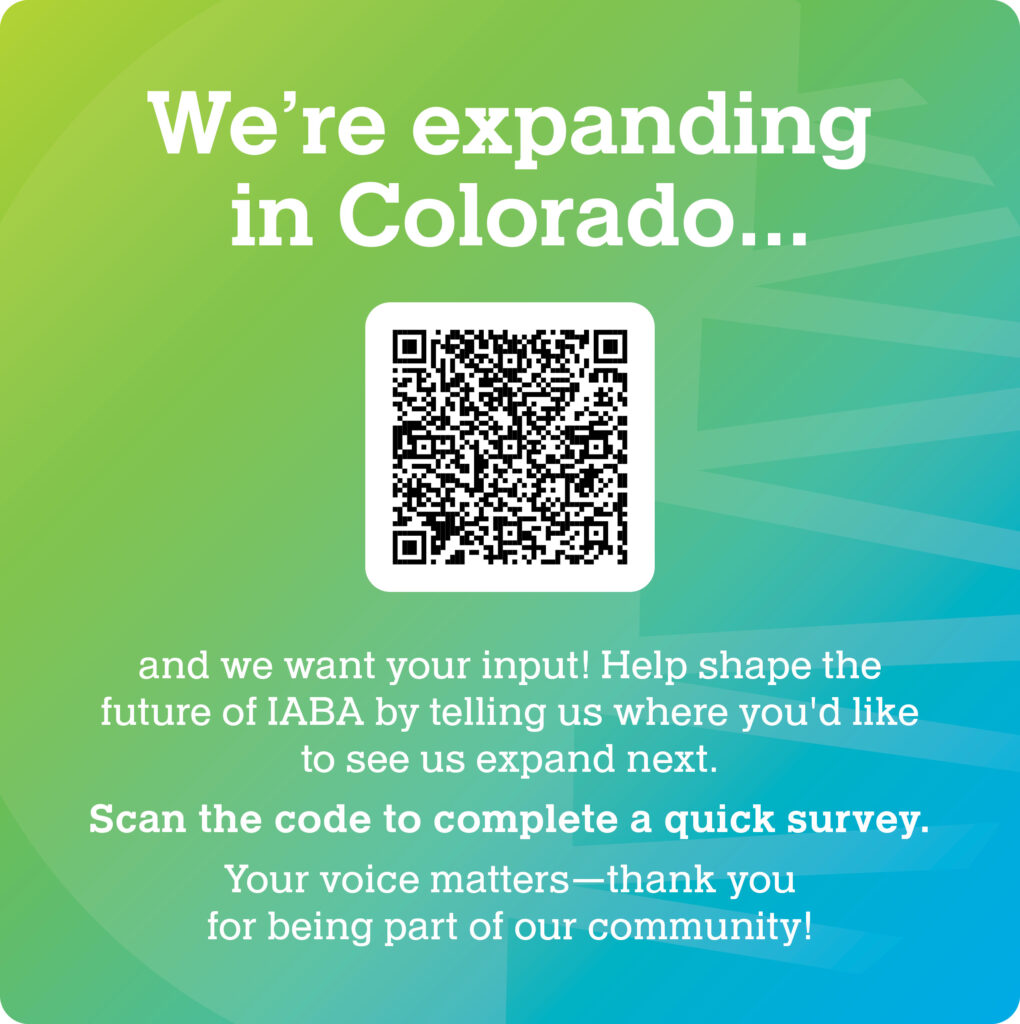Those with autism spectrum disorder (ASD) have a more difficult time communicating compared to those who present as neurotypical. Communication isn’t just words and speaking. It’s reading body language, facial expressions, and gestures. All of this makes a conversation happen and conversations would be dull and hard to understand without them.
Autistic people have a hard time reading these cues leading to social misunderstandings. A new study just published in the Journal of Autism and Developmental Disorders found that autistic people seem to have an inability to recognize anger in faces. This was interesting because it seemed that anger was a specific emotion that was frequently misunderstood. There wasn’t any problem recognizing more positive emotions.
Autism is Not an Impairment
Ph.D. researcher Connor Keating wrote in a news press suggesting that the description of autism as an impairment would be incorrect. The corresponding news release for this study reads, “It’s more that autistic and non-autistic faces may be speaking a different language when it comes to conveying emotion.”
Keating explains another theory called the “double empathy problem” as a reason why these communication boundaries exist. As explained by the National Autistic Society, this is when two people with very different backgrounds communicate with each other and will lack empathy for each other. We base our social interactions on our past experiences and these experiences are so different for autistic people and neurotypical people.
This will break down the interaction and frustrate both the autistic person and the neurotypical person. It makes perfect sense that socializing between the two will have some challenges.
The Challenges of ASD Communication
Autistic people can often come across as rude and have a misunderstanding of basic social cues compared to neurotypicals. Having empathy for one another would ease conservation for both parties. This study suggests that autistic people and neurotypical people are simply missing each other’s signals. With facial expressions, autistic people see them differently but that doesn’t mean it’s wrong.
School social worker Jen Elcheson has autism and has firsthand experience with not recognizing anger. She explained this by writing in an MSN article that any subtle signs of anger on a face she couldn’t recognize. Unless the anger was outwardly expressed, Elcheson wouldn’t pick up on it and continue to anger whoever she was with.
It took many years for her to understand the problem and work around it. Elcheson also shared that she doesn’t have these problems with other autistic individuals. She says it’s like they seem to understand each other. Elcheson agrees with Dr. Keating’s findings and finds validation in them.
ABA Therapy from IABA Consultants
If you have questions regarding autism treatment with ABA therapy, we are here for you! Our goal is to make sure no family is turned away due to financial constraints. Our therapy team would love to talk to you. Find the location closest to you and give us a call. We’re here for you.
Sources: National Autistic Society, Moms.com


